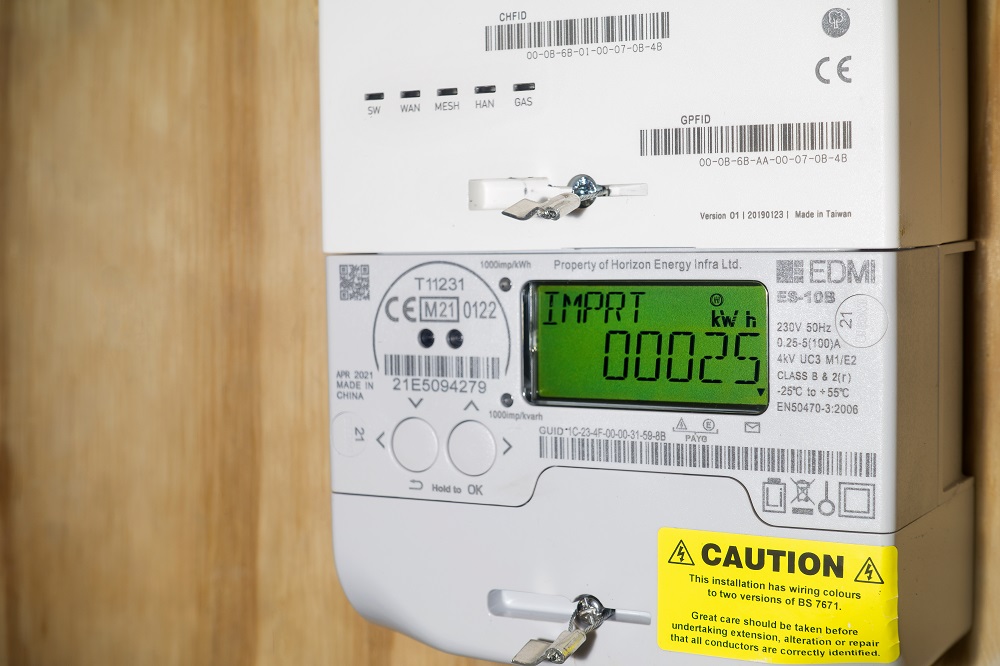In today's world, where energy costs are rising and environmental concerns are at the forefront, smart meters are an essential tool for homeowners looking to manage their electricity usage more effectively. Smart meters provide near real-time information about energy consumption, allowing you to make informed decisions and adjust your habits to save on your bills.
By giving you clear insights into when and how much energy you're using, smart meters enable you to identify wasteful patterns and adopt more efficient practices. This can lead to significant savings while also contributing to a more sustainable lifestyle. Join us as we delve into how smart meters can transform your approach to energy consumption and help you keep those bills in check.
What are smart meters?
Smart meters are digital devices that record electricity and gas usage in real time. Unlike traditional meters, they communicate directly with your energy supplier, eliminating the need for manual meter readings.
These meters provide detailed insights into energy consumption, enabling users to track and manage usage more effectively. Typically, a smart meter displays data on an in-home display unit, offering transparency about energy use.
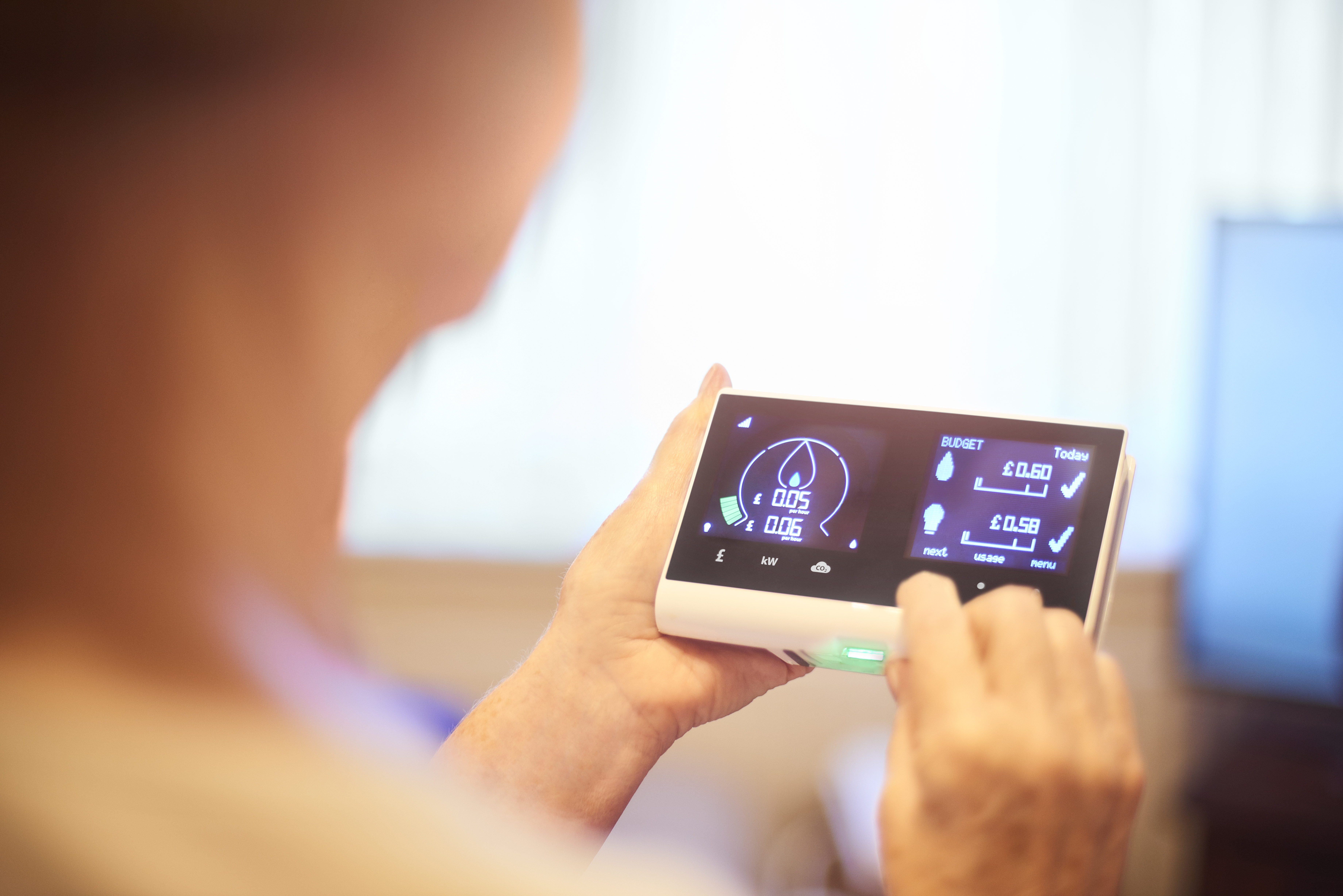
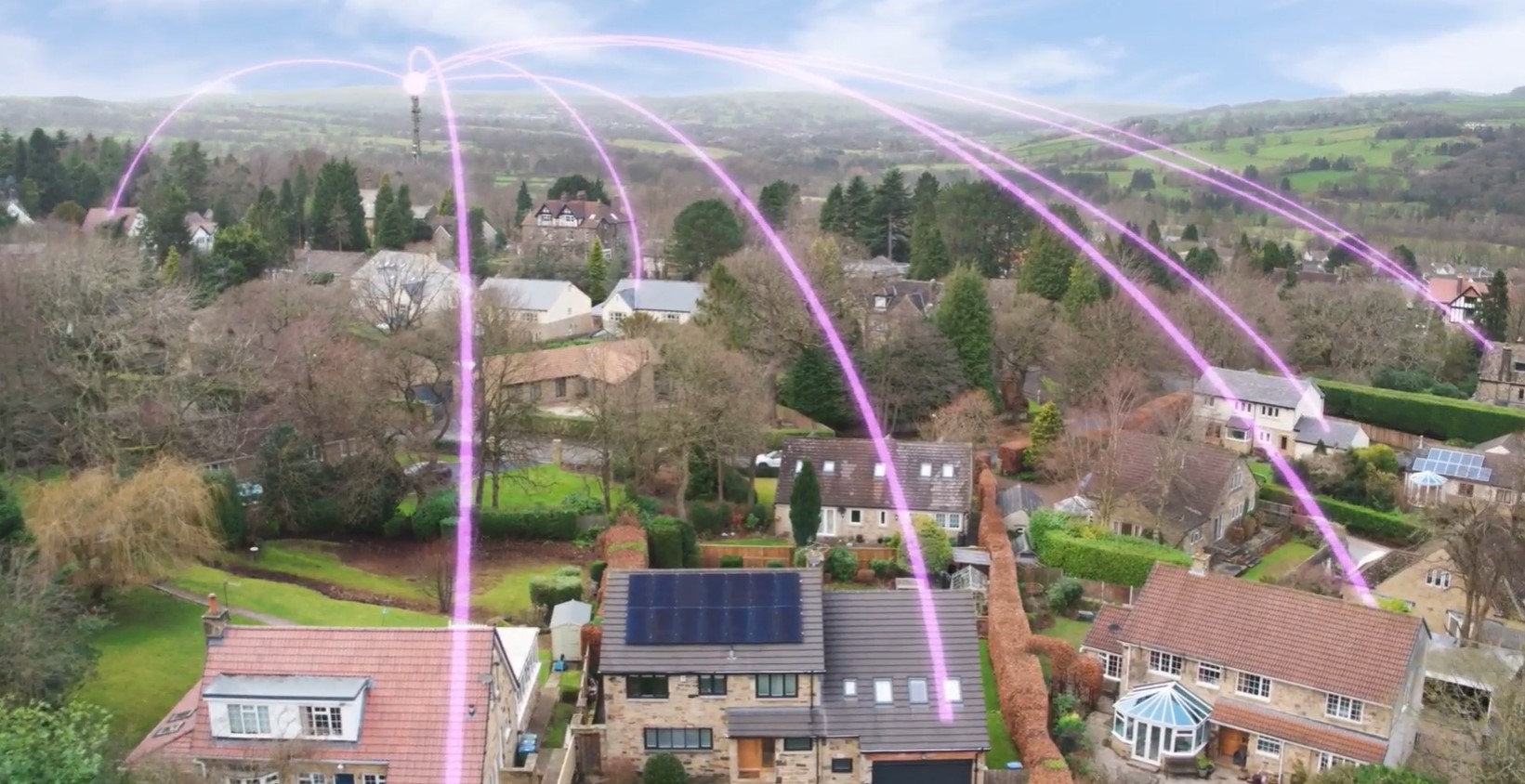
Smart meters form part of a broader push towards smart grid technology, facilitating a more responsive and efficient energy system. By integrating with national gas and electricity grids, they help balance energy demand and supply, contributing to overall system stability.
Smart meters are not just tools for individual savings but also key components in modernising energy infrastructure for greater efficiency and sustainability.
Benefits of a smart meter
Near Real-Time Energy Tracking
One of the primary benefits of smart meters is the ability to track energy use in near-real time. This feature provides direct insights into consumption patterns, enabling timely adjustments to energy prices.
Users can see the almost immediate impact of turning off devices, encouraging more mindful energy use. The in-home display unit updates continuously, highlighting peaks in electricity use and encouraging reductions during high-cost periods.
Additionally, this tracking helps identify anomalous usage, such as malfunctioning appliances consuming excess energy. By pinpointing these issues early, users can take corrective actions, further enhancing savings.

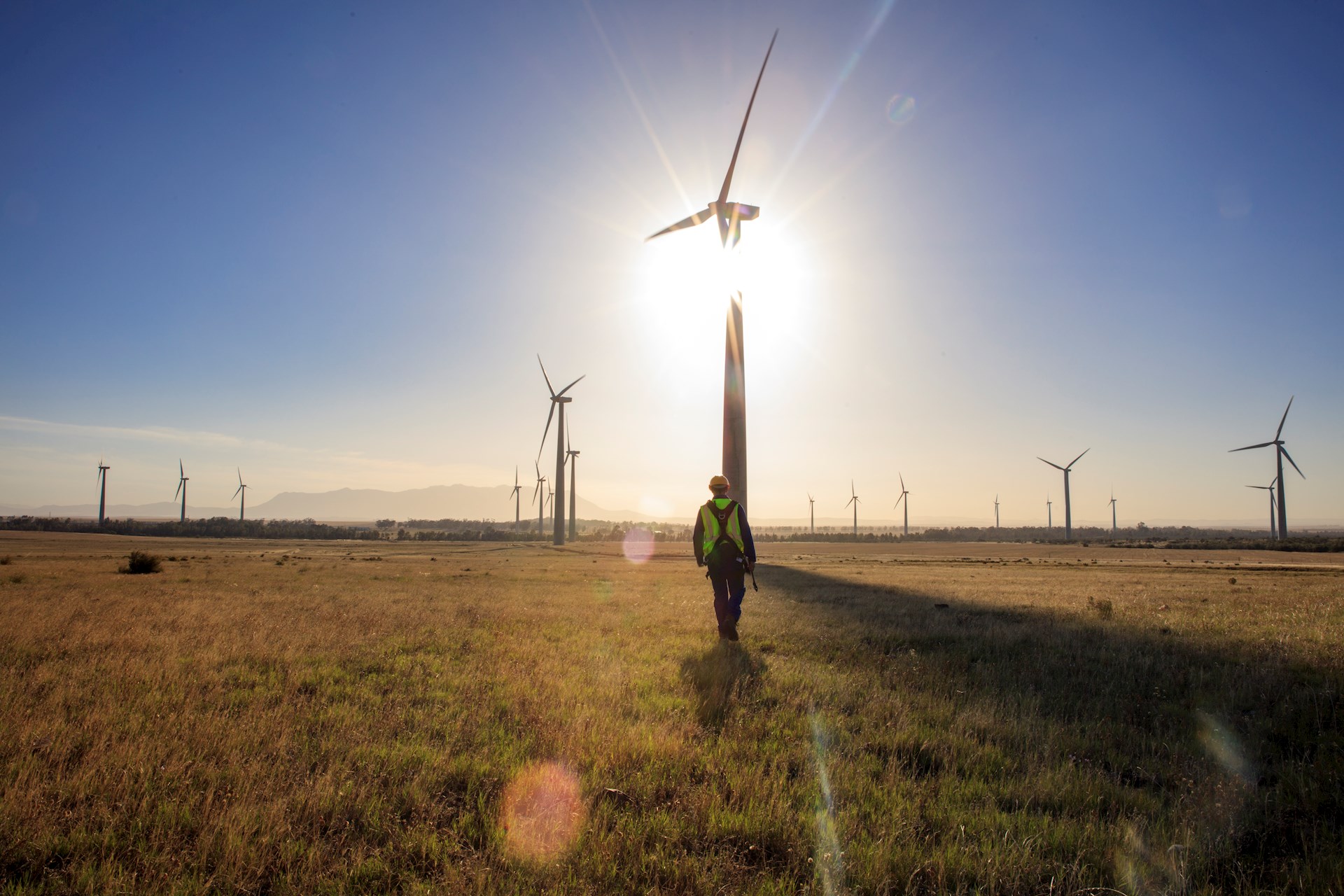
Improved Energy Efficiency
Smart meters play a pivotal role in enhancing energy efficiency. By providing detailed consumption data, they encourage proactive energy management.
Furthermore, they integrate with smart home systems, enabling automated adjustments in response to usage patterns. For example, smart thermostats can adjust heating based on occupancy, resulting in significant savings save energy used.
Smart meters also support demand response initiatives, where users can shift consumption to off-peak times. By doing so, they help alleviate grid stress and reduce overall energy costs.
Ultimately, the insight and automation provided by smart meters contribute to a more efficient energy system, benefiting both individual users and the broader community.
Maximising Off-Peak Usage
Smart meters also enable users to capitalise on off-peak energy rates. By shifting high-energy activities to these times, consumers can achieve significant cost savings.
For example, running appliances like washing machines or dishwashers during off-peak hours can reduce bills. Many energy suppliers offer lower rates during these times, making it an attractive option for cost-conscious households.
Additionally, smart- meters installed can support automated scheduling, optimising energy use without manual intervention. This seamless integration enhances convenience and efficiency.
In conclusion, maximising off-peak usage is a practical strategy facilitated by smart meters, offering both financial and environmental benefits.
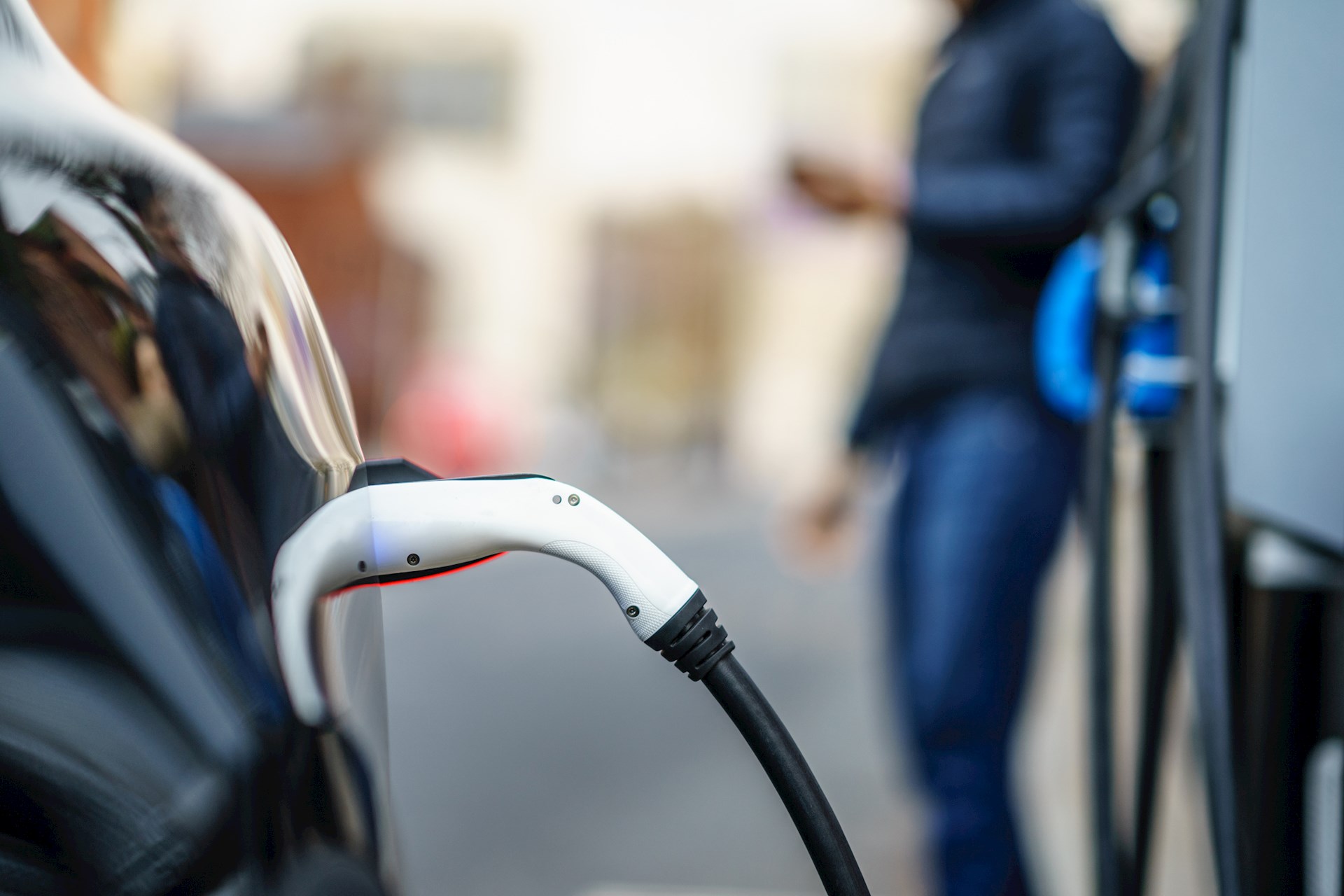
Related pages

